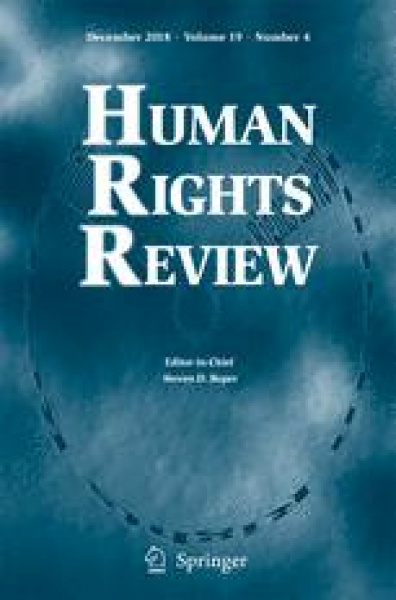Religion and Fundamental Rights in European Politics: Convergences and Divisions at the European Parliament

European legislators must increasingly deal with issues related to fundamental rights. Religion is a frequent topic obliging them to do so. It is not directly part of the EU's competences but is a source of values underlying policy choices and a tricky political object. Relying on the findings of a survey about what Members of the European Parliament (MEPs) believe and what they do with these beliefs, the article analyzes potential tensions created by religion in the implementation of human rights by the EU. A first part shows how and to what extent European law meets religion, and how it leaves ample room for flexibility but also for divergent interpretations. A second part states that MEPs agree largely on the principle of separation between politics and religion, but may be divided when it comes to drawing boundaries between the two domains. The conclusion points out the limits of the rule of law to prevent conflicts and suggests that human rights may inspire support as well as cause resistance to Europeanization. © 2013 Springer Science+Business Media Dordrecht.
| Type | Article |
|---|---|
| Identificateur | urn:issn:1524-8879 |
| Language | En |
| Length | 53 63 |
| Themes |
|
| Discipline(s) |
|
| Publication date | 2013 |
| Notes |
|
| Keywords |
|
| ULB Institutional Reference | http://hdl.handle.net/2013/ULB-DIPOT:oai:dipot.ulb.ac.be:2013/160531 |

